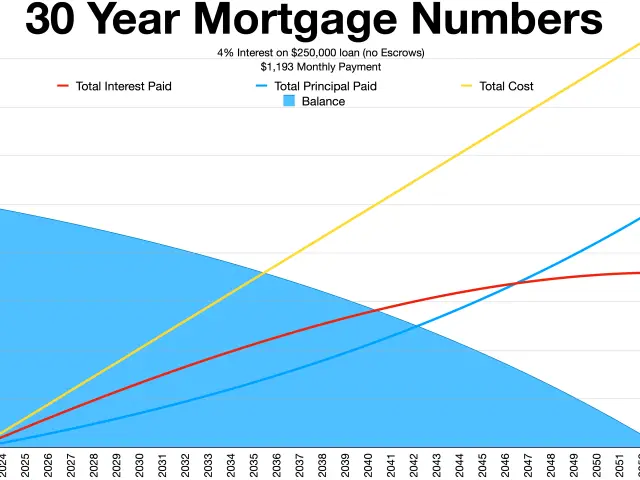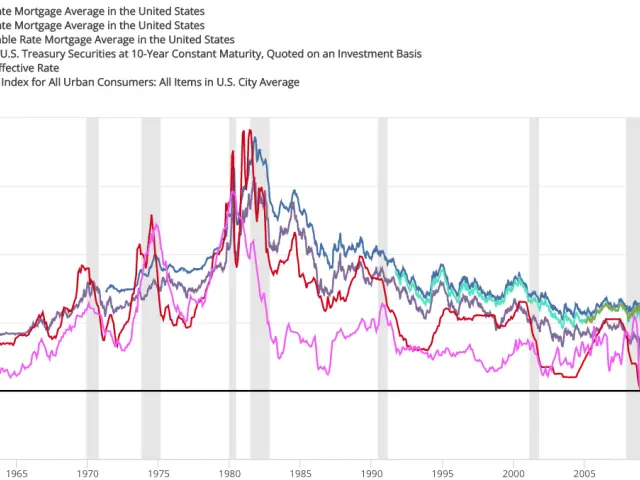Brooklyn residents are left in a lurch following the shutdown of a local dry cleaner, with no explanation given and garments left uncollected.
Express Dry Cleaners' Shutdown Sparks Customer Outcry in Williamsburg, Brooklyn
The sudden shuttering of Express Dry Cleaners, nestled at the crossroads of Broadway and Wyeth Aves, in the heart of Williamsburg, Brooklyn, has sparked outrage among its clients. As reported by ABC 7, disgruntled customers uncovered empty storefronts and eviction notices last month, leaving them without their valuables.
Take Julia Neumann, for instance, who sought two wool blankets and a dress she entrusted to the cleaners. Desperate to retrieve her belongings, she made countless calls, followed every lead, and even plastered posters across the neighborhood. "I can't believe there's nowhere to turn," Neumann lamented to Eyewitness News.
Long before the store's collapse, customers weighed complaints about shoddy service and negligence, casting a shadow over the business for months.
Years of Dissatisfaction and Unkept Promises
Venting to Eyewitness News, neighborhood residents painted a picture of troubles stretching back to last year. One neighbor shared her son's torment, who paid upfront for cleaning only to receive back dirty clothes with an untouched button repair. "He claimed it was a mistake," the neighbor said, "But how is it still dirty?"
During the holiday season before Passover, several neighbors entrusted their religious clothing to the store—only to have them vanish. Desperate for new suits, some were left with no choice but to purchase replacements for the event. "It's humiliating," the neighbor added.
Million-Dollar Debt and a Draging Eviction Process
Revealed by ABC 7, the property owner grappled with over $40,000 in unpaid rent and faced a series of bad checks from the tenant. The owner expressed skepticism over recovering the debt and acknowledged the slim chances of customers reclaiming their belongings.
The eviction process spanned approximately a year, exacerbating losses for both landlord and customers.
Recovering Clothes and Recovering Hope
Rushed efforts to salvage lost items following the eviction left little to show. As reported by Eyewitness News, customers who attempted to enter the store after the closure found limited options—a small rack of clothes being the main find.
The New York Sheriff's Office executed the eviction on April 17. During this procedure, the tenant removed most of his belongings and equipment, leaving behind a scarce selection of clothes.
Determined to assist those seeking their belongings, the store owner promised cooperation, as reported by ABC 7.
Legal Uncertainty and the Need for Better Consumer Protections
The saga of Express Dry Cleaners underscores the shortcomings of current consumer protection mechanisms in New York, particularly in the event of unforeseen business closures. Frustrated customers like Neumann have expressed dismay over the lack of guidance and the arduous process of recovering their lost goods.
State laws and consumer rights regulations play a primary role in governing business practices, yet looping gaps remain, especially for small businesses such as dry cleaners. In such scenarios, consumers must navigate a frustrating maze of general consumer protection laws and hope for future legislation to fill these gaps.
"I haven't found my things yet, and I have no idea where they are," Neumann admitted.
Meanwhile, Express Dry Cleaners' clients cling to hope, hoping to recover their belongings despite the bureaucratic hurdles.
From Pharmaceutical Bankruptcy to Opening 800 New Stores: A Rollercoaster Year in the US Business Landscape
Survived a Tumor, Died at the Foot of the Fifth Highest Mountain: The Sorrowful Story of Luca Mangione
A Million-Dollar Fundraiser for Luigi Mangione on His Birthday
Related Topics
business closure, dry cleaners, Brooklyn, New York, lost clothing, business, policy, consumer rights, consumer protection, debt, US, us-news.
Enrichment: In New York, consumers seeking recourse for unexpected business closures largely look to state consumer protection laws, which address deceptive business practices and safeguard consumer rights. Some notable mechanisms and considerations include:
- New York General Business Law: It forbids deceptive business acts and practices, which can encompass sudden closures without adequate notice or refunds.
- The FAIR Business Practices Act: Proposed to strengthen consumer protection, it aims to close loopholes enabling scams and deceptive practices, although it does not target business closures specifically.
- State Attorney General's Office: Affected consumers may seek assistance from the AG's office, pursuing potential legal actions against businesses in violation of consumer protection laws.
- Small Claims Court:Consumers harmed by unfair business practices related to closure can seek redress in small claims court, providing evidence of such practices.
For dry cleaners, specific laws don't exist, but general consumer protection laws can be applied in the event of a closure, protecting consumers from garment loss or refused refunds. Consumers might benefit from future legislation enhancing consumer protections that may directly impact business closures.
In addition, New York emphasizes privacy and transparency acts, such as the proposed New York Privacy Act, demonstrating its broader commitment to supporting consumers' rights.
- Julia Neumann trying to reclaim her belongings from Express Dry Cleaners includes putting up posters around the neighborhood, making countless calls, and contacting local news such as Eyewitness News.
- As the property owner of Express Dry Cleaners faced a series of bad checks and over $40,000 in unpaid rent, the eviction process with the New York Sheriff's Office lasted around a year, causing losses for both landlord and customers.
- Frustrated customers like Neumann and others who lost religious clothing before Passover have expressed the need for better consumer protections to address the shortcomings in current laws, particularly for small businesses like dry cleaners.
- Even though the saga of Express Dry Cleaners highlights gaps in New York consumer protection mechanisms, pertinent laws such as the New York General Business Law and the proposed FAIR Business Practices Act can still be leveraged by affected consumers to seek remedies and pursue legal action against deceptive business practices.







